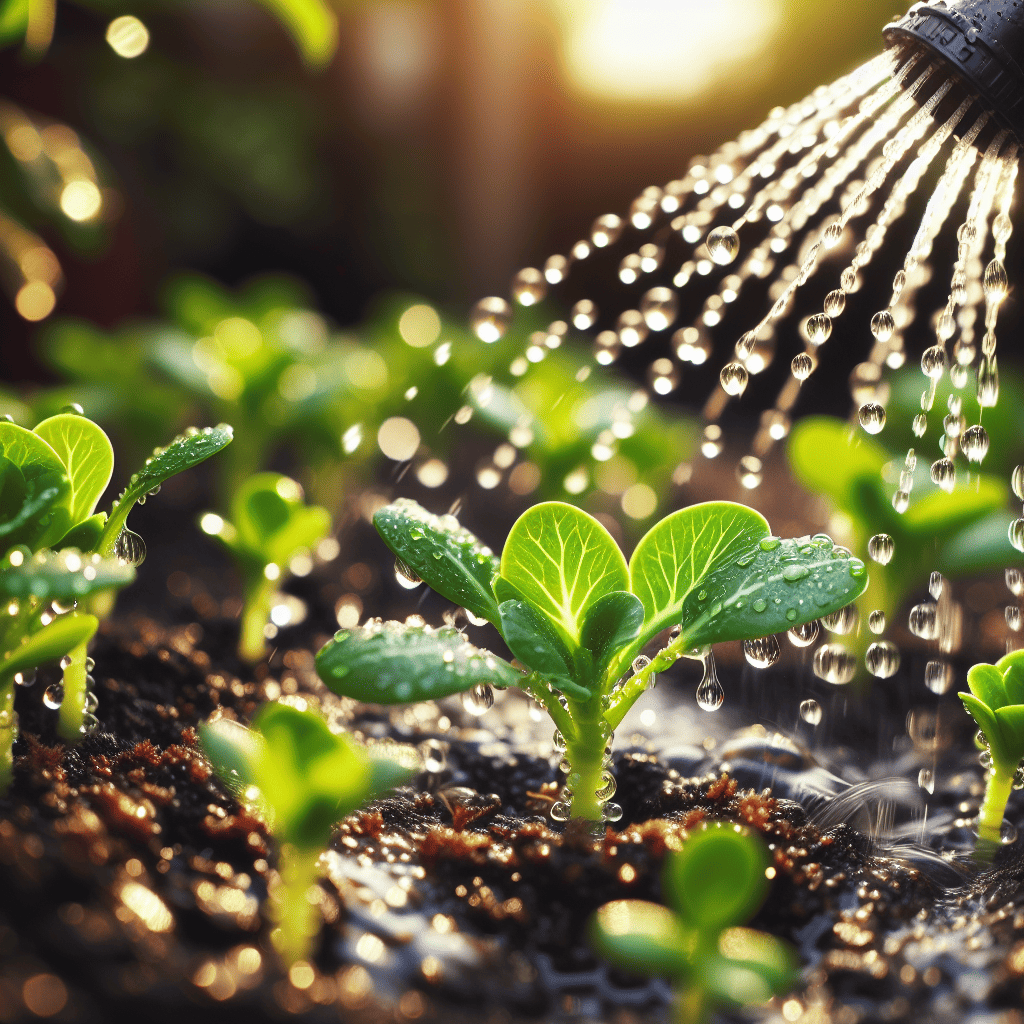Water conservation has become a critical priority as we face the growing challenges of climate change, population growth, and dwindling freshwater resources. Innovative techniques are emerging worldwide to address these issues, preserving this invaluable resource for the future. Here are some of the most effective water conservation strategies currently being employed.
Advanced Irrigation Systems
Agriculture is a predominant consumer of water, accounting for approximately 70% of global freshwater withdrawals. Traditional irrigation methods often lead to significant water wastage due to runoff, evaporation, and over-irrigation. Innovations such as drip irrigation and precision agriculture are revolutionizing the industry. Drip irrigation delivers water directly to the roots of plants through a network of tubes, reduce water use by 30-50% compared to traditional methods. Precision agriculture employs technology like soil moisture sensors and automated irrigation systems to ensure optimal water delivery, minimizing waste while maximizing crop yields.
Reclaimed Water Use
Another promising technique is the use of reclaimed water. Treated wastewater, often from municipal systems, can be repurposed for non-potable applications such as landscape irrigation, industrial processes, and even agricultural use. This approach not only conserves freshwater resources but also reduces the environmental impact of effluent discharge. Cities like Singapore and Los Angeles have implemented successful recycled water programs, setting a precedent for urban water conservation.
Rainwater Harvesting
Rainwater harvesting is a time-tested method that has gained renewed attention as an effective means of water conservation. By capturing and storing rainwater from roofs and other surfaces, individuals and communities can significantly reduce their reliance on municipal water systems. This technique is especially beneficial in regions with irregular rainfall patterns, providing a sustainable alternative during dry seasons. Modern systems include filtration and purification technologies, making the collected water suitable for various uses, including consumption.
Greywater Systems
Greywater systems are designed to recycle water from domestic activities such as bathing, washing dishes, and laundry. By reusing this lightly used water for tasks like toilet flushing and landscape irrigation, households can reduce their water footprint by up to 50%. These systems range from simple DIY setups to sophisticated commercial models, offering options for various needs and budgets.
Desalination Technology
For coastal regions, desalination technology presents a viable solution to freshwater shortages. By removing salt and other impurities from seawater, desalination can produce potable water to meet growing demands. Recent advancements have made the process more energy-efficient and environmentally friendly, with solar-powered desalination plants becoming a realistic option. While traditionally costly, ongoing research and technological improvements are reducing expenses and expanding access to this critical resource.
Smart Home Water Management
With the advent of smart technology, home water management has evolved significantly. Smart meters and home water monitoring systems provide real-time data on water usage, alerting homeowners to leaks or excessive consumption. Smartphone apps can offer tailored advice on reducing usage, track water savings, and even control smart irrigation systems remotely. This proactive approach not only saves water but also lowers utility bills and promotes a more sustainable lifestyle.
Water-efficient Appliances
The development of water-efficient appliances has been instrumental in reducing water use in households. Toilets, washing machines, and dishwashers that are designed to use less water while maintaining performance have become increasingly popular. Many of these appliances are labeled with water efficiency ratings, helping consumers make informed choices.
Education and Community Initiatives
Educating the public about the importance of water conservation and how they can contribute is essential. Community initiatives, workshops, and school programs play a significant role in fostering a culture of conservation. When individuals are informed and engaged, they are more likely to adopt water-saving behaviors and encourage others to do the same.
In conclusion, by embracing these innovative water conservation techniques, societies can address the urgent need to protect our water resources. These methods not only make efficient use of current supplies but also prepare us for a future where every drop counts. As technology evolves and more communities adopt these practices, we are taking significant strides towards ensuring a sustainable water future for generations to come.
